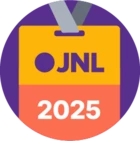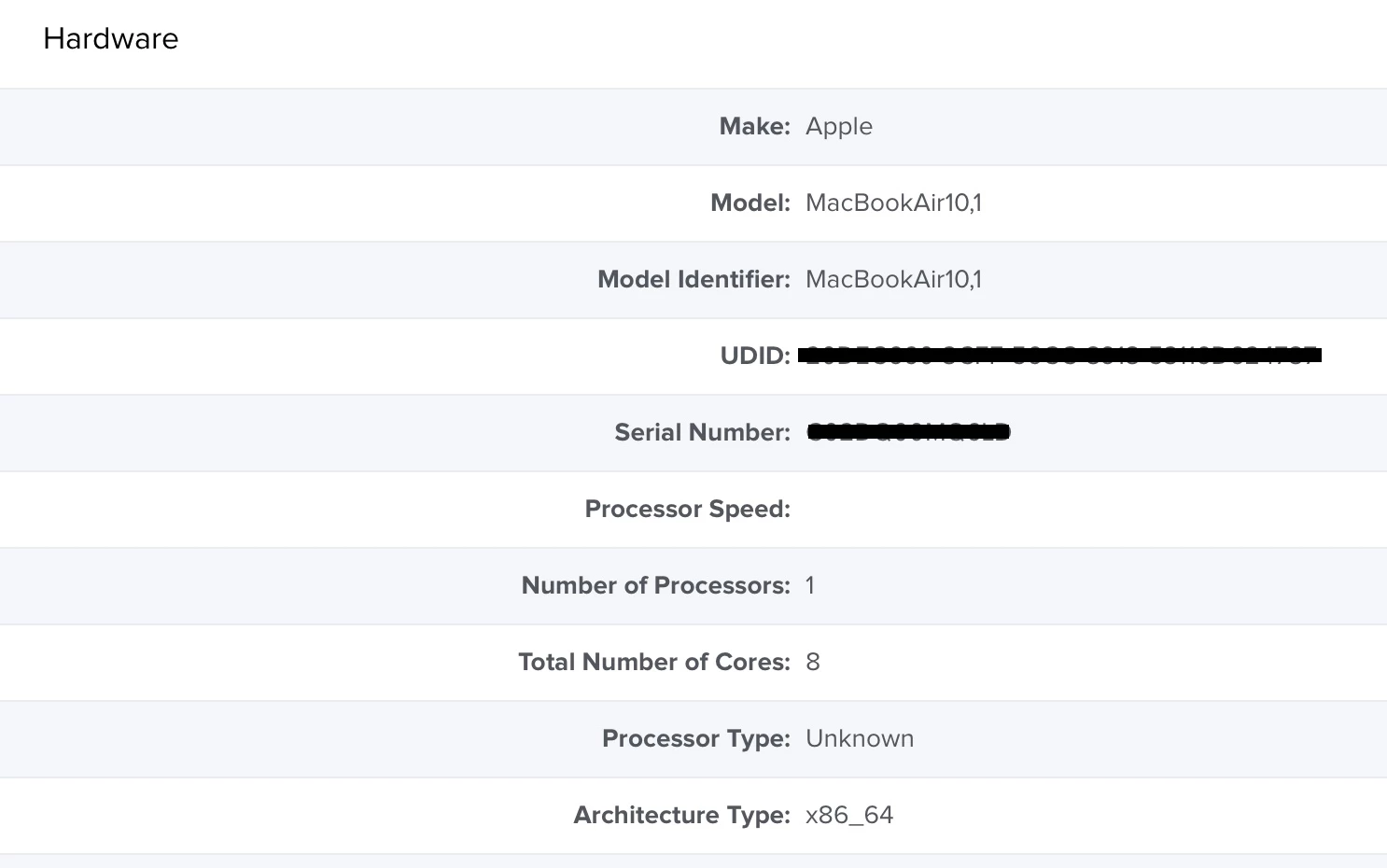We have several M1 chip MacBooks that we want to deploy. How can we push and ensure the Rosetta policy to install (softwareupdate --install-rosetta) gets installed before all the other policies (i.e. Office, TeamViewer, etc.) ? If not, the other installs will fail. I can create a separate policy for each application that has a different scope but that becomes a pain.
Solved
Deploy Rosetta on M1 machines before everything else
 +8
+8Best answer by mwu1876
So, I got this working. What I did was create a Smart Group for M1 machines. Then, then only policy that I had that kicked off as Enrollment complete is one that installs Rosetta. If it's not an M1 then it kicks off the rest of the policies. Once Rosetta is install I have an event trigger that fires off the rest of the policies. So far it's worked. This allows me more flexibility to quickly change around policies.
Enter your E-mail address. We'll send you an e-mail with instructions to reset your password.










